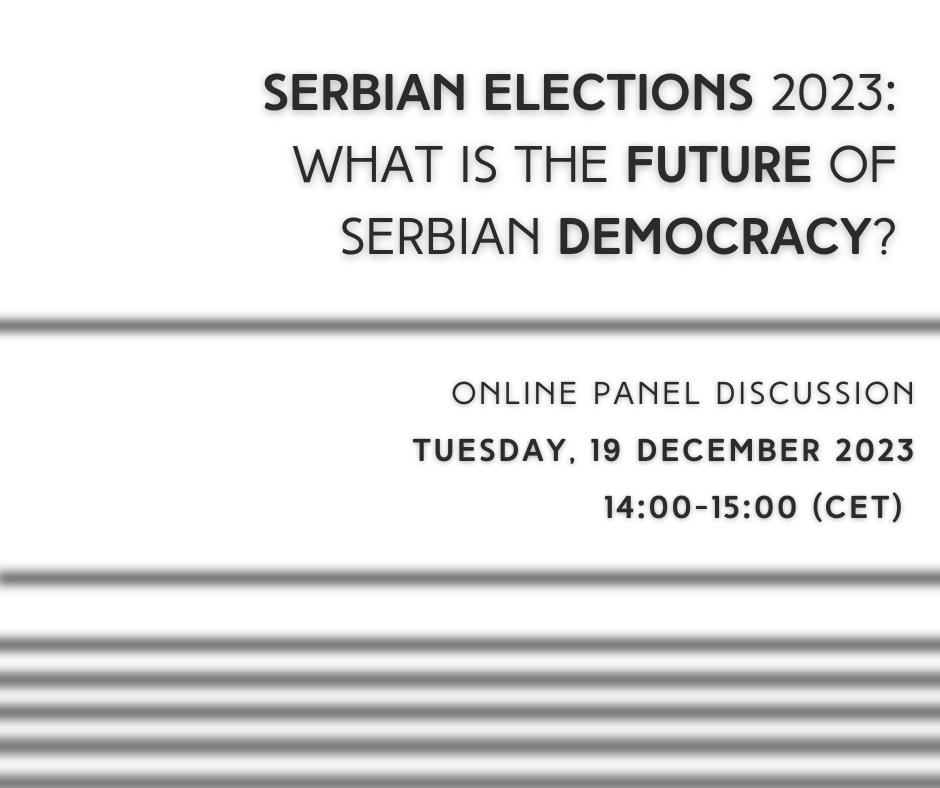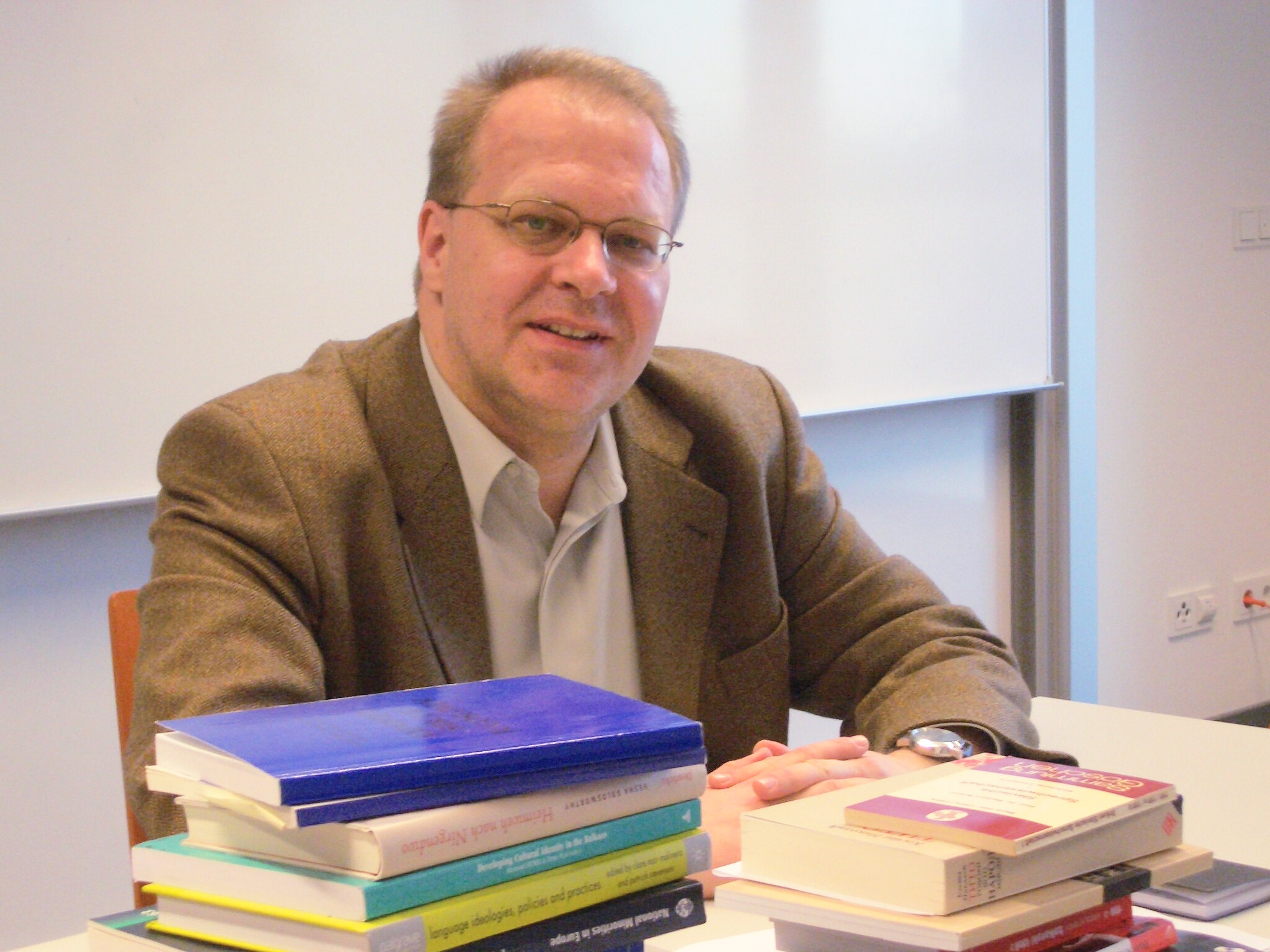About the Panel
Snap parliamentary and local elections will be held in Serbia on 17 December after a period of political turmoil caused by two mass shootings on 3 and 4 May and large civil protests under the moniker “Serbia against Violence” which were held throughout the country for six months. This year has also seen numerous crises in Kosovo which stirred emotions in the country and put the Serbian government under significant internal and external pressure.
This will be the fourth snap parliamentary elections since President Aleksandar Vučić and his Serbian Progressive Party (SNS) took power in 2012 and the third parliamentary election in little more than 3 years. The SNS has comfortably won in all previous elections but will now face a united pro-EU opposition coalition that organised the said protests and takes part in the elections with the name “Serbia against Violence”.
How to interpret the results of the elections and what do they mean for the future of Serbia? What were the main campaign issues and electoral conditions, and what can be said about the quality of the democratic processes in the country? What could be the consequences of the elections for Serbia’s EU perspective and foreign policy orientation? These are among the questions to be discussed at the event, which will be held two days after election day.
Speakers
Florian Bieber, Centre for Southeast European Studies, University of Graz
Nikola Burazer, Centre for Contemporary Politics and European Western Balkans
Tara Tepavac, Institute for Philosophy and Social Theory (IFDT)
Aleksandar Ivković, European Western Balkans and Serbia Elects
Filip Ejdus, Faculty of Political Science, University of Belgrade
Moderator
Tena Prelec, CAS SEE, University of Rijeka





